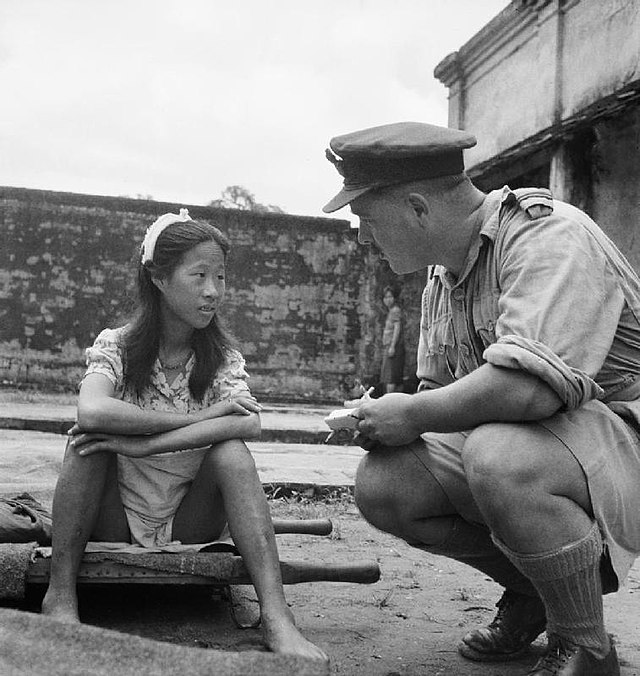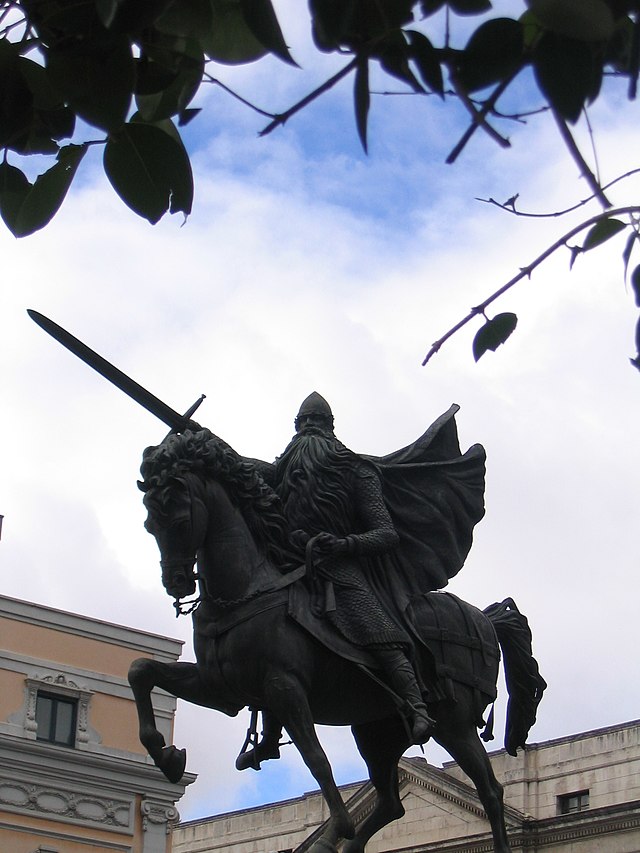Today on Historia Obscura, we have the first poem about the Battle of New Orleans.
Notably absent is any mention of Jean Laffite. To correct this omission, I have written a different poem about the same topic.
There are men who die for their nation,
Who unselfishly give up their lives
There are men who live for their station,
Who prevail without sacrifice.
There are women who raise up their children,
And scrub floors and clean bottoms and nurse,
At the end of the day they want payment
In undying love and remorse.
But the love that is true does not barter
Or require one to suffer to pay
For the care and affection a baby
Ought always to have anyway.
Now Britain was one kind of mother
Who demanded a fee for her love,
And she forced former children to serve her,
And she never accepted rebuff.
She kidnapped, indentured those sailors,
Who had never agreed they should serve
And she thought she could live off the payments
That others were making to her.
But Americans swore they were freemen,
And only would work for their gain
And they never consented to fiefdom
To serve under England or Spain.
Now Madison turned to the Congress
And he asked that a war be declared
Against Britain, that unruly mother,
Who forced sailors under her care.
But the coffers of war they were empty,
And the army and navy were poor
And American patriot menfolk
Were not ready to set out to war.
They had sworn that they never would live for
Another, and only alone for their gain,
And who wants to die for the right to
Avoid paying taxes again?
If not for the brave privateers who
Had always made war for their gain,
Who would set aside natural fear for
The right to know freedom again?
When the British approached Jean Laffite and
Required that he help them regain
Their colonial holdings, discreetly
He sent word to Americans then.
He said: "Though you're holding my brother,
"In that dirty old Cabildo jail,"
"I will never agree to serve Britain,
"And I do want your side to prevail."
But Patterson, hearing the news that
The British were near Mobile Point,
Instead of defending Ft. Bowyer,
Came and ransacked closer to home.
He took all the ships that Laffite had,
The stores were to serve as his spoils,
And he feasted on chocolate and Seegars
And he cared not the British to foil.
So it came that when Jackson came marching
His ragtag troops for their stint,
They were shoeless and all out of powder,
And awfully short on the flint.
And up spoke Laffite: "Let me help you,
"I have men, and cannons and flint,
"I have barrels and barrels of powder,
"We will fight for you, just let us in! "
There are men who fight for their nation,
Because in fighting they gain,
And together they vanquished the British,
Who were crushed so that few did remain.
And the British, they begged to be let go,
And America won on that day,
And not because taxes or duties
Or regular armies held sway.
For the men who have chosen no thralldom,
And who fight every day for their bread,
Are the ones who are ready when called on,
Who can shoot at the foe until dead.
There are men who will fight but are fearful,
And who miss because of that fear,
But the reason we all are still here is
Because there were once privateers.










%2C_HMS_Hermes_(1811)%2C_and_Gipsy.jpg)








